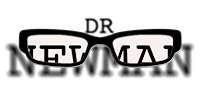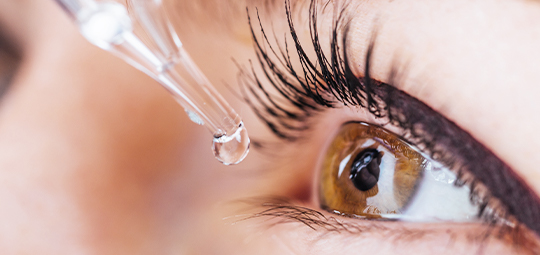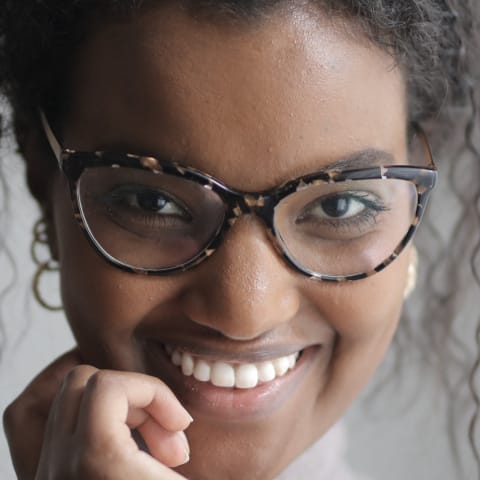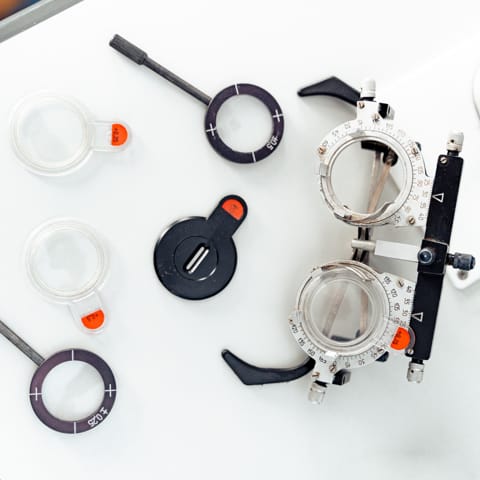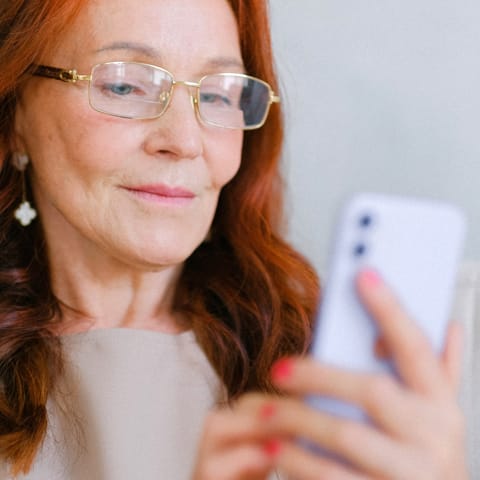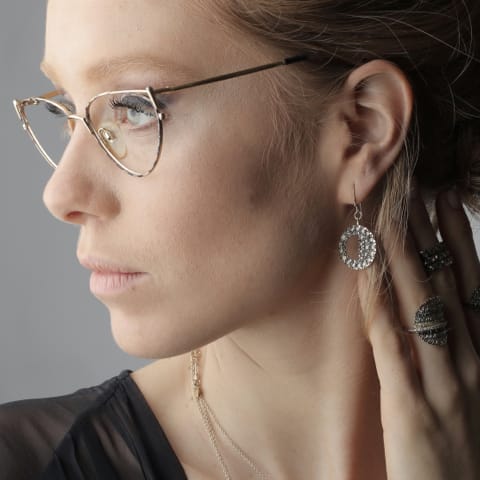What is Vision Therapy?
Vision therapy — a type of physical therapy for the eyes and brain — is a highly effective non-surgical treatment for many common visual problems such as lazy eye, crossed eyes, double vision, convergence insufficiency and some reading and learning disabilities. Many patients who have been told, “it’s too late,” or “you’ll have to learn to live with it” have benefited from vision therapy. Vision Therapy is an invaluable tool prescribed by optometrists to improve certain types of vision problems that cannot be helped with glasses or contact lenses alone.
Vision therapy treats vision problems when using the eyes up close, such as tracking, eye teaming, and focusing which can make it impossible for the individual whether a child in school or an adult to read, learn, and remain on task. Vision therapy also corrects for lazy eyes and crossed eyes, and this is done without the need for surgery. Vision therapy as well helps improvement of vision deficits due to trauma to the nervous system (i.e. birth injury, brain trauma, closed head trauma, etc.)
The Science of modern vision therapy began in the 1930’s and is supported by decades of research, not to mention the testimony of thousands of patients whose vision and lives have been enhanced.
When a possible deficiency is detected, the severity of the problem needs to be investigated further. A return to the office for a Visual Efficiency Exam is the first step to determine if vision therapy is best course of care. Next, an individualized supervised program of vision therapy that trains your eyes to work together, track, perceive and focus properly is prescribed.
Research has shown that vision therapy can be beneficial in helping increase visual attention spans for children learning to read. Often, children who had been falling behind in reading are able to improve their performance greatly by reducing the deficits of their vision problems. Visual deficits can cause symptoms of unusual fatigue or restlessness after reading, headaches, soreness of the eyes. Frowning, blinking or squinting. Holding reading material closer than normal. Covering, or closing, one eye. Avoidance of close work. Short attention span, or day dreaming. Head tilting. An eye that turns in, up, down or out. Double vision. Skipping words, or sentences. Reversing words, or letters. Rereading lines, or phrases. Reading slower than normal. Using a finger, or a pointer to guide the eyes. Errors, and difficulty copying from chalkboard. Slowness in all school work and possibly sport games. Even the most intelligent, highly motivated children can be adversely affected by these problems in the academic environment. The correction of these deficits allows children to enjoy learning and become more confident, productive and happier individuals.
What is involved in Vision Therapy?
- A progressive program of vision “exercises” or procedures.
- Performed under doctor supervision.
- Individualized to fit the visual needs of each patient.
- Generally conducted in-office, in once or twice weekly sessions of 30 minutes to an hour.
- Occasionally supplemented with procedures done at home between office visits (“home reinforcement” or “homework”)
Vision Therapy is not just an eye exercise!
Unlike other forms of exercise, the goal of Vision Therapy is not to strengthen eye muscles. Your eye muscles are already incredibly strong. Vision Therapy is not to be confused with any self-directed self-help program of eye exercises which is or has been marketed to the public.
In-office Vision Therapy is supervised by optometric vision care professionals and many types of specialized and/or medical equipment can be used in Optometric Vision Therapy programs, such as:
- Corrective lenses (regulated medical devices);
- Therapeutic lenses (regulated medical devices);
- Prism lenses (regulated medical devices);
- Optical filters;
- Occluders or eye patches
- Electronic targets with timing mechanisms;
- Computer software;
- Balance boards (vestibular device)
- Visual-motor-sensory integration training devices
Our Location
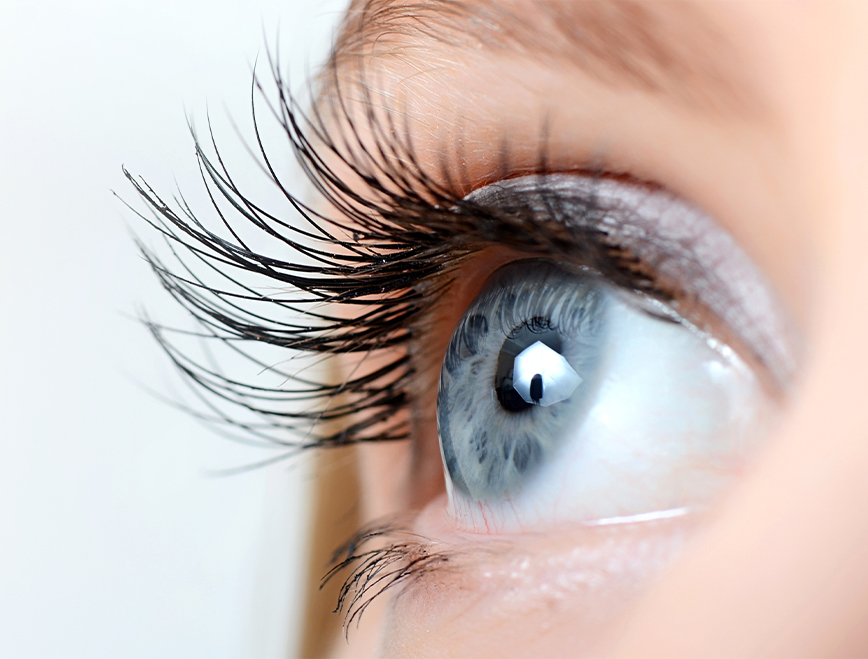
Our Address
- 8314 Wishire Blvd, Ste A
- Beverly Hills, CA 90211
Contact Us
- Phone: 323 653 4078
- Email: [email protected]
Clinic Hours
- Monday: 10:00 AM – 6:00 PM
- Tuesday: 10:00 AM – 6:00 PM
- Wednesday: 10:00 AM – 6:00 PM
- Thursday: 10:00 AM – 6:00 PM
- Friday: 10:00 AM – 5:00 PM
- Saturday: Closed
- Sunday: Closed

Our Brands
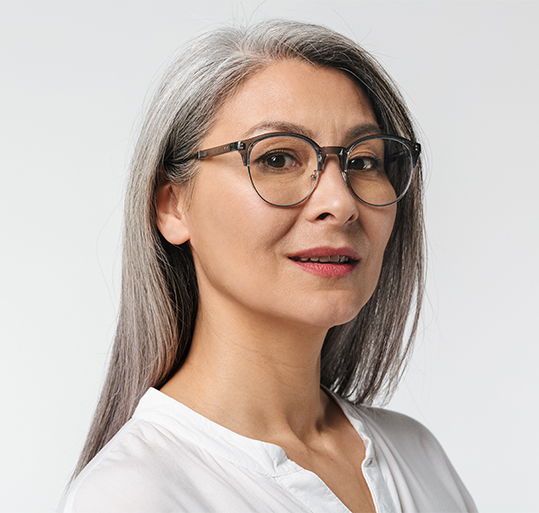
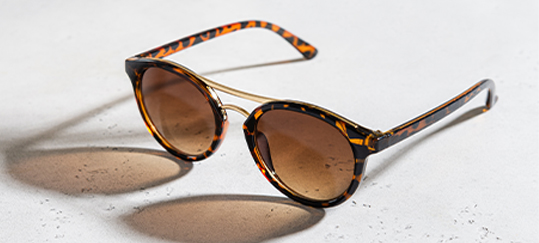

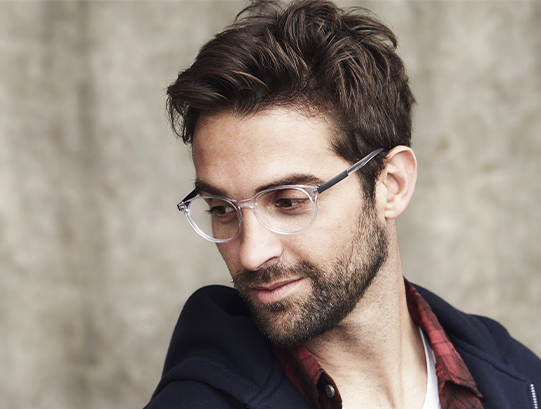
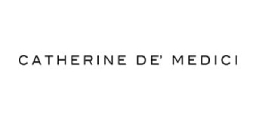
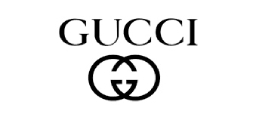
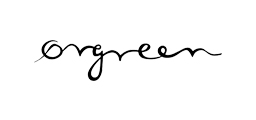

Our Google Reviews
Knowledgeable
Friendly
Caring
